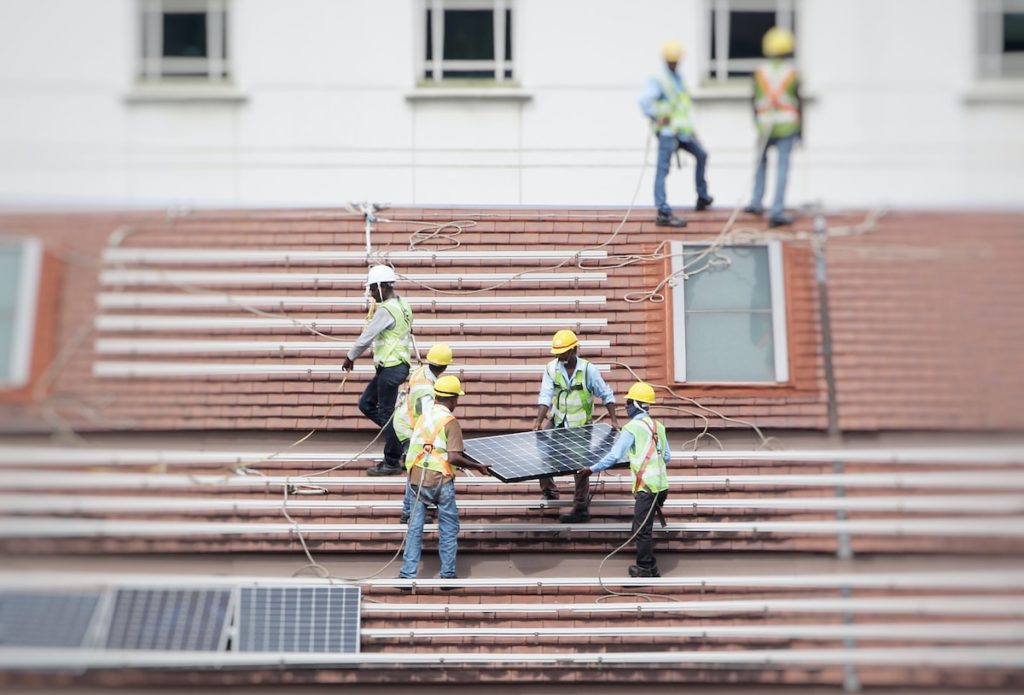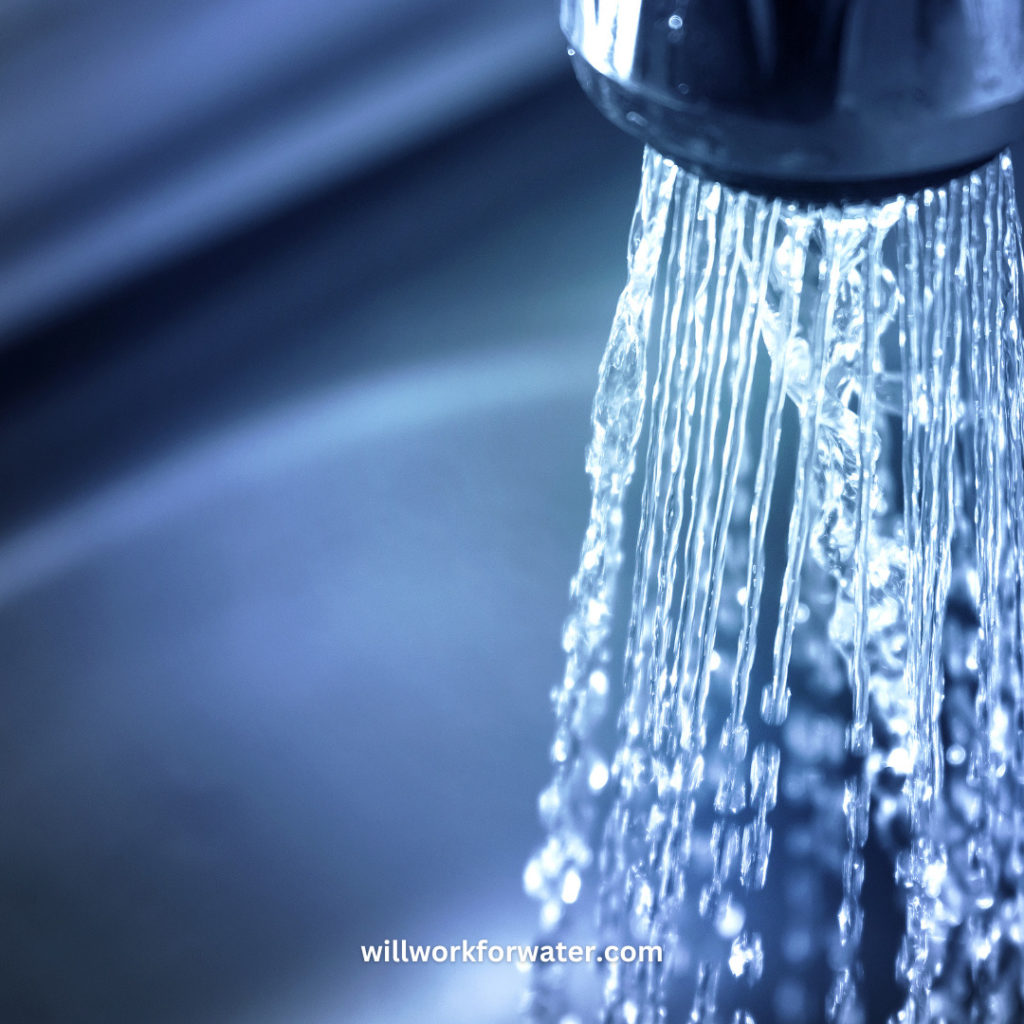When it comes to selecting a solar installer, there are a few things you need to keep in mind. Trust me, it’s not just about finding someone who can install solar panels. There’s more to it than that. In this article, we’ll discuss the top 5 things you should look for when choosing a solar installer. By the end, you’ll have a better understanding of what to consider, and you’ll be well-equipped to make the right decision for your solar installation needs.
Are you ready to learn more about the top 5 things to look for when selecting a solar installer? Well, you’re in luck because we’ve got all the information you need right here. From qualifications and experience to customer reviews and warranties, we’ll cover it all. So, if you’re thinking about going solar and want to make sure you’re choosing the best solar installer for the job, keep reading. You’ll soon have the knowledge and confidence to make an informed decision that will benefit you and the environment.
1. Credentials and Experience
When it comes to selecting a solar installer for your home or business, it is important to consider their credentials and experience in the industry. Installing solar panels requires specialized knowledge and skills, so you want to ensure that the installer has the necessary qualifications.
Check for relevant credentials and certifications when selecting a Solar Installer.
First and foremost, you should check if the solar installer has any relevant credentials or certifications. Look for certifications such as the North American Board of Certified Energy Practitioners (NABCEP), which is a widely recognized certification for solar professionals. This shows that the installer has met certain standards and has the knowledge and expertise to install solar systems.
Review the installer’s experience with solar installations
In addition to certifications, it is also important to review the installer’s experience with solar installations. Find out how many solar installations they have completed and whether they have worked on projects similar to yours. An installer with years of experience and a proven track record will likely have a better understanding of the unique challenges and requirements of solar installations.
Ask for references and customer testimonials
To get a better sense of the quality of work provided by the solar installer, ask for references or customer testimonials. Contact previous customers and inquire about their experience with the installer. Were they satisfied with the installation process? Did the installer meet their expectations? This will give you valuable insights into the installer’s professionalism, reliability, and overall customer satisfaction.
2. Licensing and Insurance
When it comes to any type of construction or installation work, including solar installations, it is crucial to ensure that the installer is properly licensed and insured. This helps protect you from any liability issues or faulty installations.
Ensure the installer is licensed and registered with appropriate authorities
Before hiring a solar installer, verify that they are licensed and registered with the appropriate authorities. This ensures that they have met the necessary requirements and that their work is regulated. You can usually check the licensing status of an installer through your state’s licensing board or authority.
Verify if the installer has liability insurance
Additionally, it is important to confirm that the solar installer has liability insurance. This insurance coverage protects you in the event of any damage or accidents that may occur during the installation process. It is recommended to request proof of insurance and review the coverage to ensure it is adequate.
Check if the installer provides a warranty on their work
A reputable solar installer will stand behind their work and offer a warranty on their installations. Inquire about the warranty options available and the coverage provided. A warranty gives you peace of mind knowing that if any issues arise with the system after installation, the installer will be responsible for resolving them.
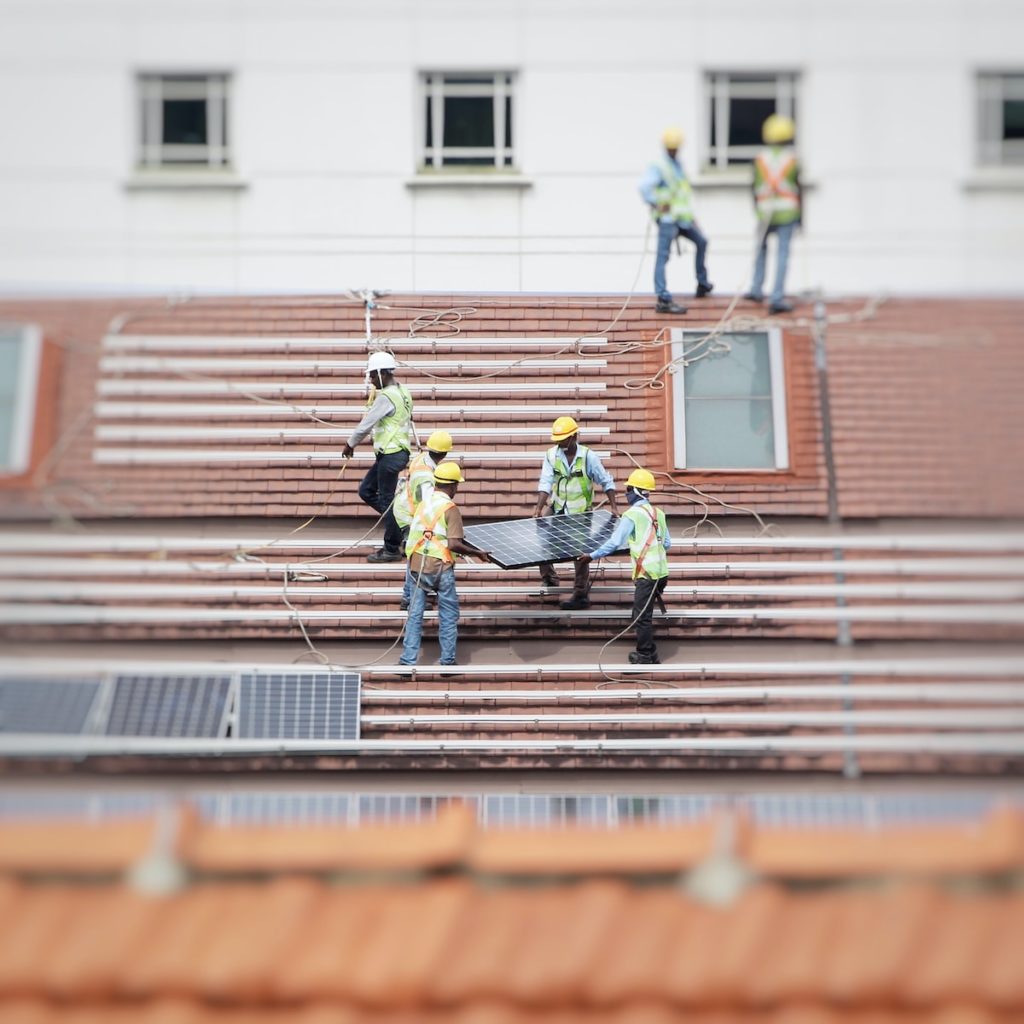
This image is property of pixabay.com.
3. Quality of Equipment
The quality of the solar equipment used in the installation plays a significant role in the performance and longevity of your solar system. It is important to inquire about the type of solar panels, inverters, and mounting systems that the installer uses.
Inquire about the type of solar panels, inverters, and mounting systems they use
Different solar installers may offer different brands or types of solar panels, inverters, and mounting systems. It is a good idea to do some research on the equipment being used and inquire about their efficiency, durability, and reliability. Look for reputable brands that have a proven track record in the industry.
Consider the efficiency and durability of the equipment
When selecting a solar installer, consider the efficiency and durability of the equipment they use. Higher efficiency solar panels will generate more electricity for your system, resulting in greater energy savings. Similarly, durable equipment is less likely to require repairs or replacement in the future, saving you time and money.
Ask about any warranties or guarantees on the equipment before selecting the solar Installer
Just as you would inquire about warranties on the installation work, it is also important to ask about warranties or guarantees on the equipment being used. A reputable installer will provide warranty options for the solar panels, inverters, and other components of the system. This ensures that any issues with the equipment can be addressed promptly and effectively.
4. Installation Process and Timeline
Understanding the installation process and timeline is crucial when selecting a solar installer. It is important to have a clear understanding of what to expect and how long the installation will take.
Discuss the installation process and how long it will take
Before hiring a solar installer, have a detailed discussion about the installation process. Ask the installer to explain each step involved in the installation, from initial site assessment to final setup. This will give you an idea of their approach and whether it aligns with your expectations.
Additionally, inquire about the estimated timeline for the installation. While the duration can vary depending on the size and complexity of the project, the installer should be able to provide a general timeframe. Keep in mind that unexpected delays may occur, but having a timeline will help you plan accordingly.
Evaluate if the installer will handle permits and inspections
Solar installations often require permits and inspections from local authorities. It is important to clarify whether the installer will handle these requirements on your behalf. A reputable installer will take care of obtaining the necessary permits and scheduling inspections, ensuring compliance with all regulations.
Ask about any potential disruptions during the installation
During the solar installation, it is possible that there may be some disruptions to your daily activities. For example, there may be some noise or temporary power interruptions. It is important to ask the installer about any potential disruptions and how they plan to minimize them. This will help you prepare accordingly and minimize any inconvenience.
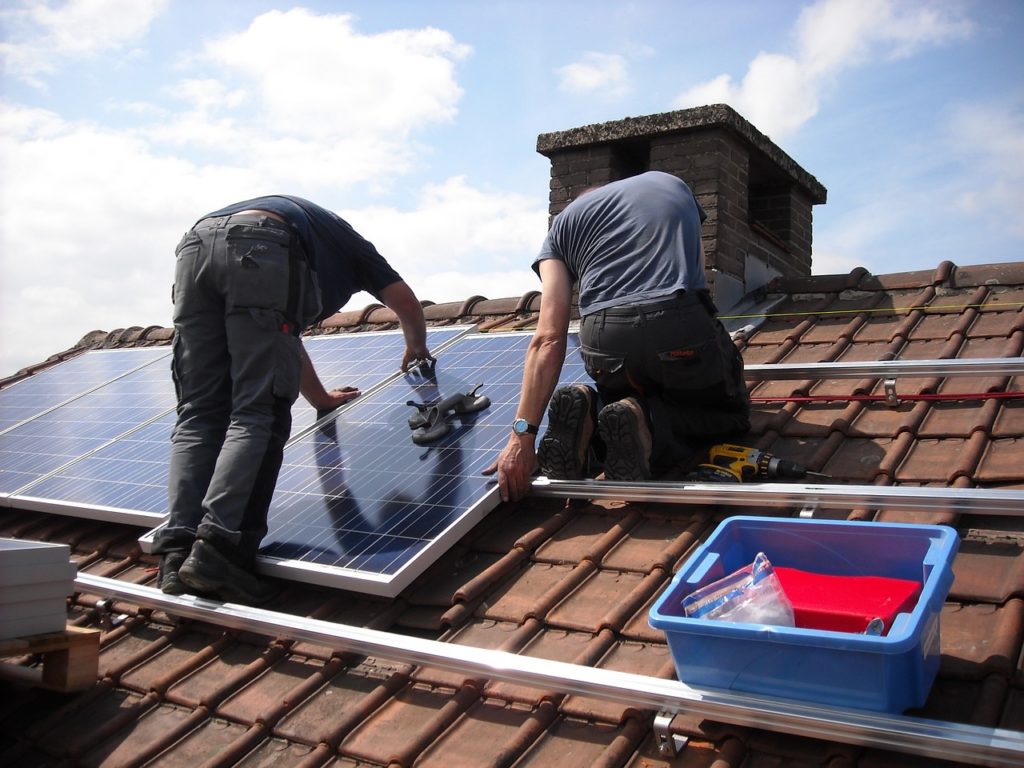
This image is property of pixabay.com.
5. Pricing and Financing Options
The cost of a solar installation can vary depending on factors such as the size of the system and the complexity of the project. It is important to request a detailed quote from the installer and explore different pricing and financing options.
Request a detailed quote that includes all costs and fees
When selecting a solar installer, it is important to request a detailed quote that includes all costs and fees associated with the installation. The quote should clearly outline the price for the equipment, labor, permits, and any other expenses. This will help you compare quotes from different installers and make an informed decision.
Compare pricing between multiple installers for selecting the best solar installer.
To ensure you are getting a fair and competitive price, it is recommended to compare pricing between multiple installers. However, keep in mind that the cheapest option may not always be the best. Consider the overall value, including the quality of the equipment and the installer’s credentials and experience, when comparing prices.
Inquire about financing options, leasing, or power purchase agreements
Solar installations can be a significant investment, but there are often financing options available to help make it more affordable. Inquire with the installer about financing options, leasing agreements, or power purchase agreements (PPAs). These can help spread out the cost of the installation over time or provide other financial benefits.
Learn about advantages of Tesla Solar Installation
Conclusion
Selecting a reliable solar installer is crucial for a successful solar installation. By considering the credentials, experience, licensing, and insurance of the installer, you can ensure that they have the necessary qualifications to complete the job. Additionally, evaluating the quality of the equipment and the installation process will help you make an informed decision. Lastly, comparing pricing and exploring financing options will ensure that you find a solution that aligns with your budget. Keep these top 5 things in mind when selecting a solar installer, and you will be well on your way to harnessing the power of the sun for your energy needs.
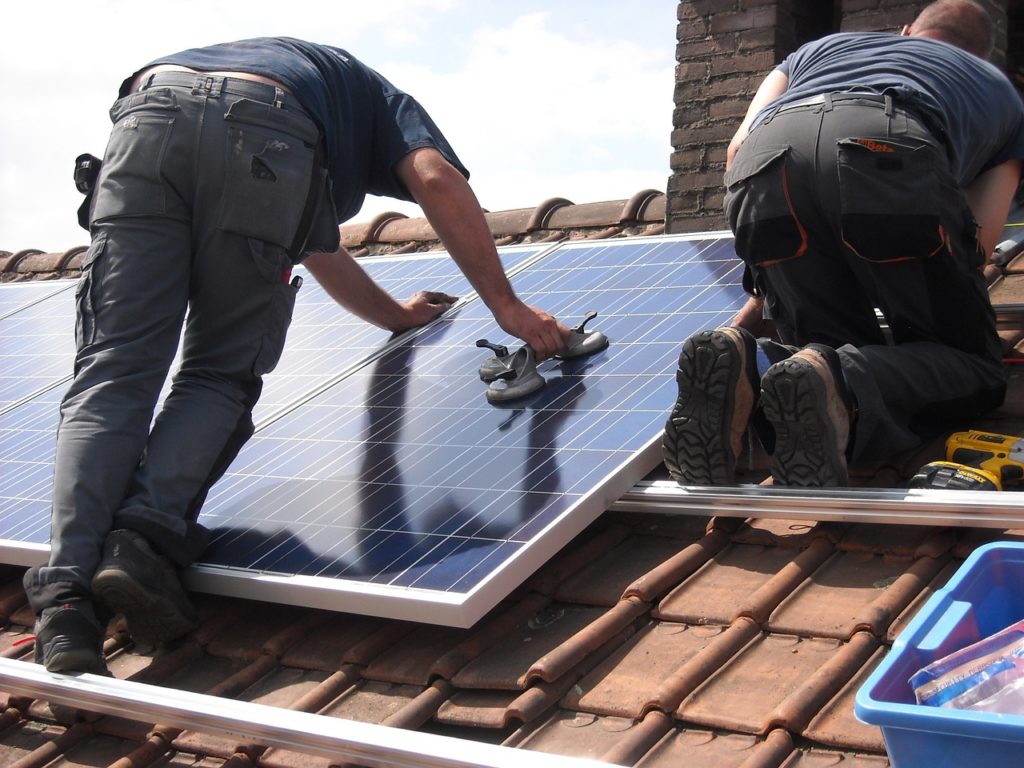
This image is property of pixabay.com.

